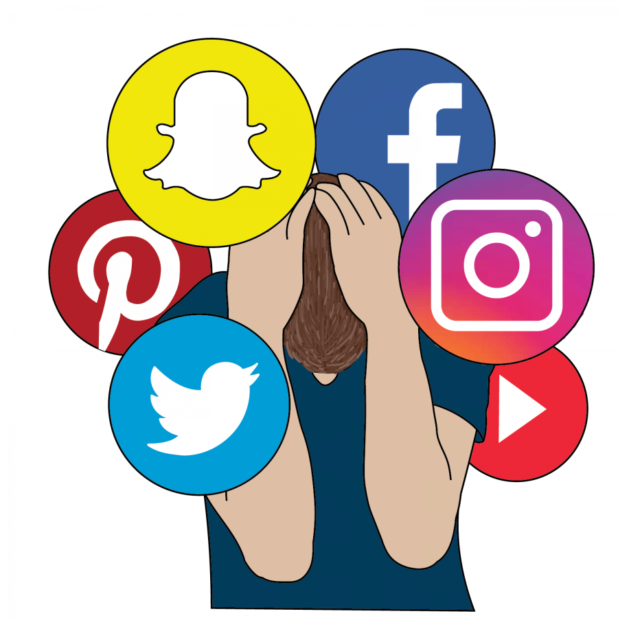Andrew Anglin
Daily Stormer
May 8, 2019
Every time there is some kind of discussion about social media censorship, all of a sudden there begins a parallel, distracting discussion about social media privacy concerns.
That happened last week, when after Alex Jones was banned for the third time from Facebook, and several others were banned along with him, a discussion began on why exactly we are allowing these companies to regulate the First Amendment.
Then, all of a sudden, we’re hit with all this stuff about Facebook privacy issues.
Facebook COO Sheryl Sandberg was called in to testify before Congress. That became a story.
Google announced new privacy measures.
Pinboard founder Maciej Ceglowski (say that three times fast) gave testimony before the Senate on privacy violations by the tech industry.
Then Google’s CEO Sundar Pochai published an op-ed in the New York Times attacking Apple for saying they don’t care about privacy – and calling for the government to regulate the industry to create privacy.
In an op-ed written for the New York Times, Google’s CEO Sundar Pichai has defended his company’s approach to privacy and user data, responding indirectly to critics who claim the company collects invasive amounts of personal information. Pichai says Google’s approach is to make privacy more democratic. He also called on the US to introduce new legislation protecting users’ data.
In the op-ed, Pichai contrasted Google’s approach to privacy with Apple’s. In a thinly veiled snipe at the iPhone-maker, Pichai said that “privacy cannot be a luxury good” that’s only available to “people who can afford to buy premium products and services.”
Not really sure why paying extra for privacy is a bad deal.
But whatever.
I’m obviously not anti-privacy. I don’t think anyone is anti-privacy. But anyone who puts their personal information on social media kinda deserves whatever they get. We’ve known for years and years that these tech companies use any and all data they gather, and that their public statements about the way they use data conflict with their Terms of Service.
Their entire business model is based on collecting personal information on people and selling it to marketing and data analytics companies and using it for targeted advertisements. That is definitely true of Facebook and Google, and the fact that Twitter’s platform doesn’t really fit the data collection model is why they’ve struggled so much to turn a profit.
Furthermore, even if they were told they couldn’t use the data, the idea that any of these companies would be capable of actually securing the data is absurd. The only company that has ever secured data is Apple, and as Sundar pointed out above, they make you pay to do that. It’s a big part of why Apple products cost twice as much as other products that are more or less the same.
The scariest aspect of the mass collection of data is that these companies and the intelligence agencies are going to be able to use machine learning to predict entire trends in human behavior. And that is definitely problematic.
But we would do better to create a government-sponsored public awareness campaign to tell people not to give their data to these companies than to attempt to regulate data collection. I get that much of it is unavoidable (such as Google tracking your searches and clicks), but the data collection is all tied to the intelligence agencies, and it’s just not a problem that you’re going to fix any time soon.
Furthermore, if we don’t have freedom of speech enforced, how long do you think it will be before these companies decide to use their total control over speech to ban discussion of the privacy issue, and start using the data to create an AI control grid predicting everyone’s behavior? Given that this will obviously happen, even people who are primarily concerned about privacy should be focused on free speech right now.
If you don’t have speech, then you don’t have anything. They will just shut down all discussions they don’t like. That is the whole point of establishing this precedent of banning all these different types of conversations.
By far, the most pressing issue in the whole of global civilization is the de facto abolishing of the First Amendment by de facto monopolies that control their entire public square. That is what the public needs to be focused on.
Every time we try to focus on this, all of these privacy issues come up, and I’ve begun to believe that this is on purpose.
 Daily Stormer The Most Censored Publication in History
Daily Stormer The Most Censored Publication in History






